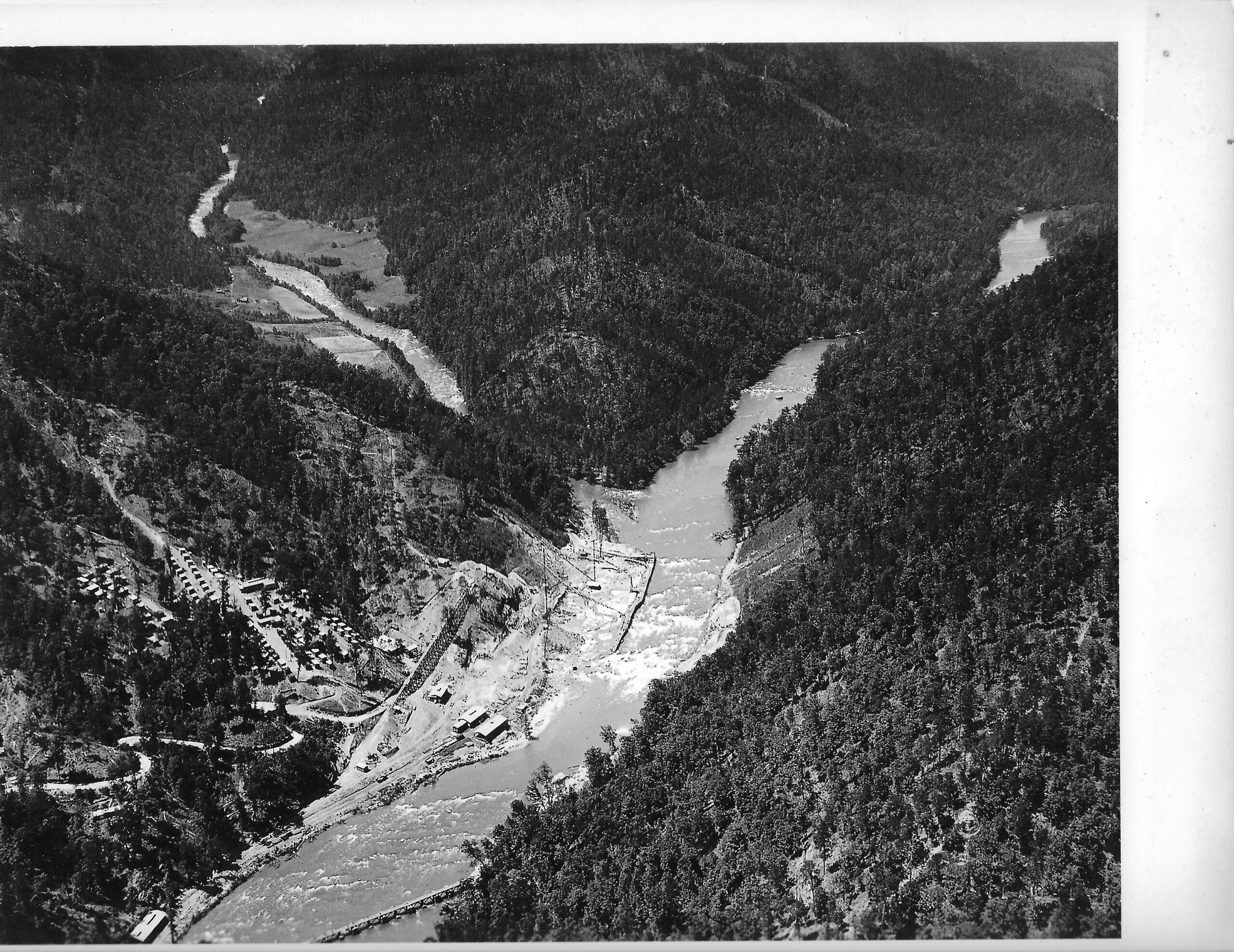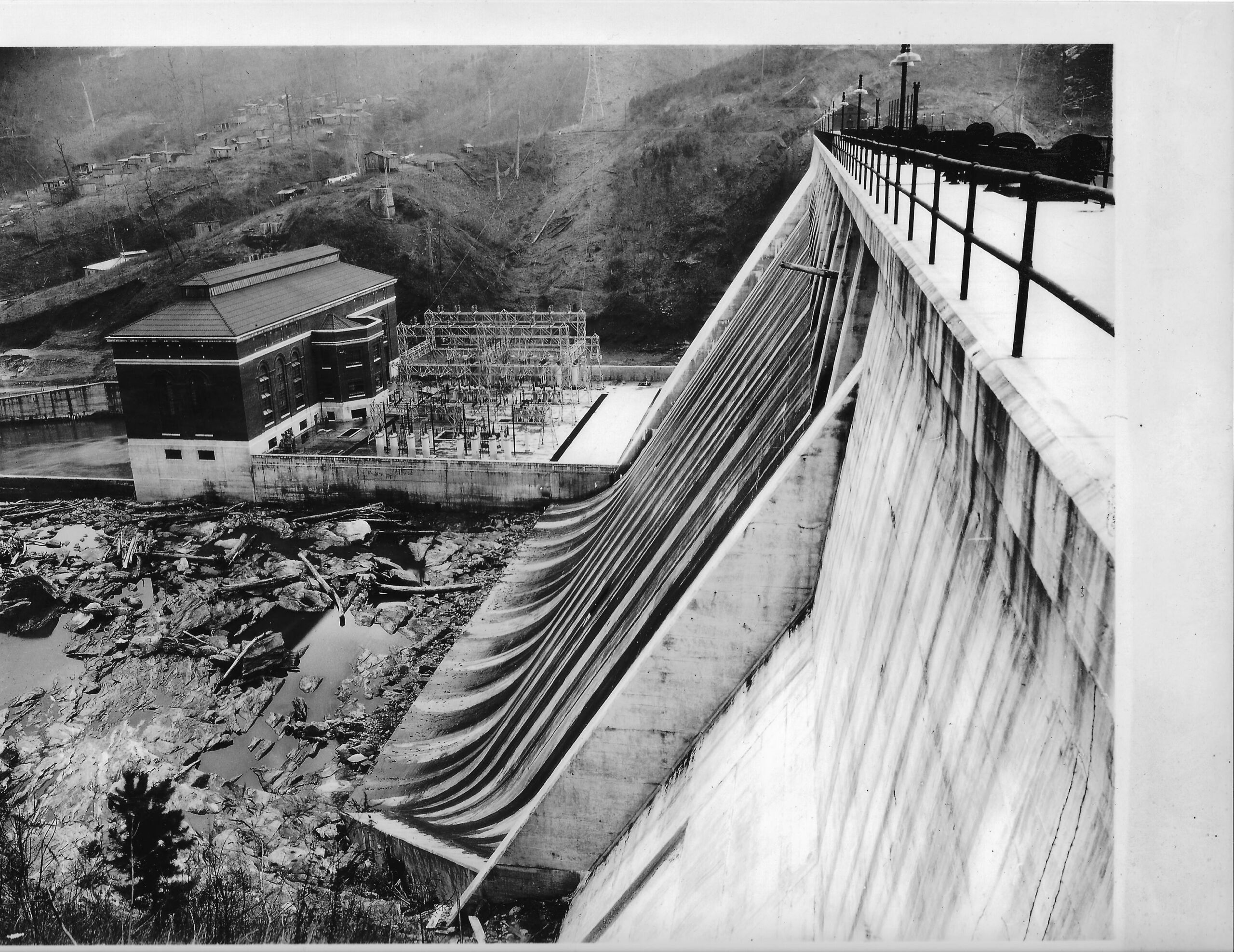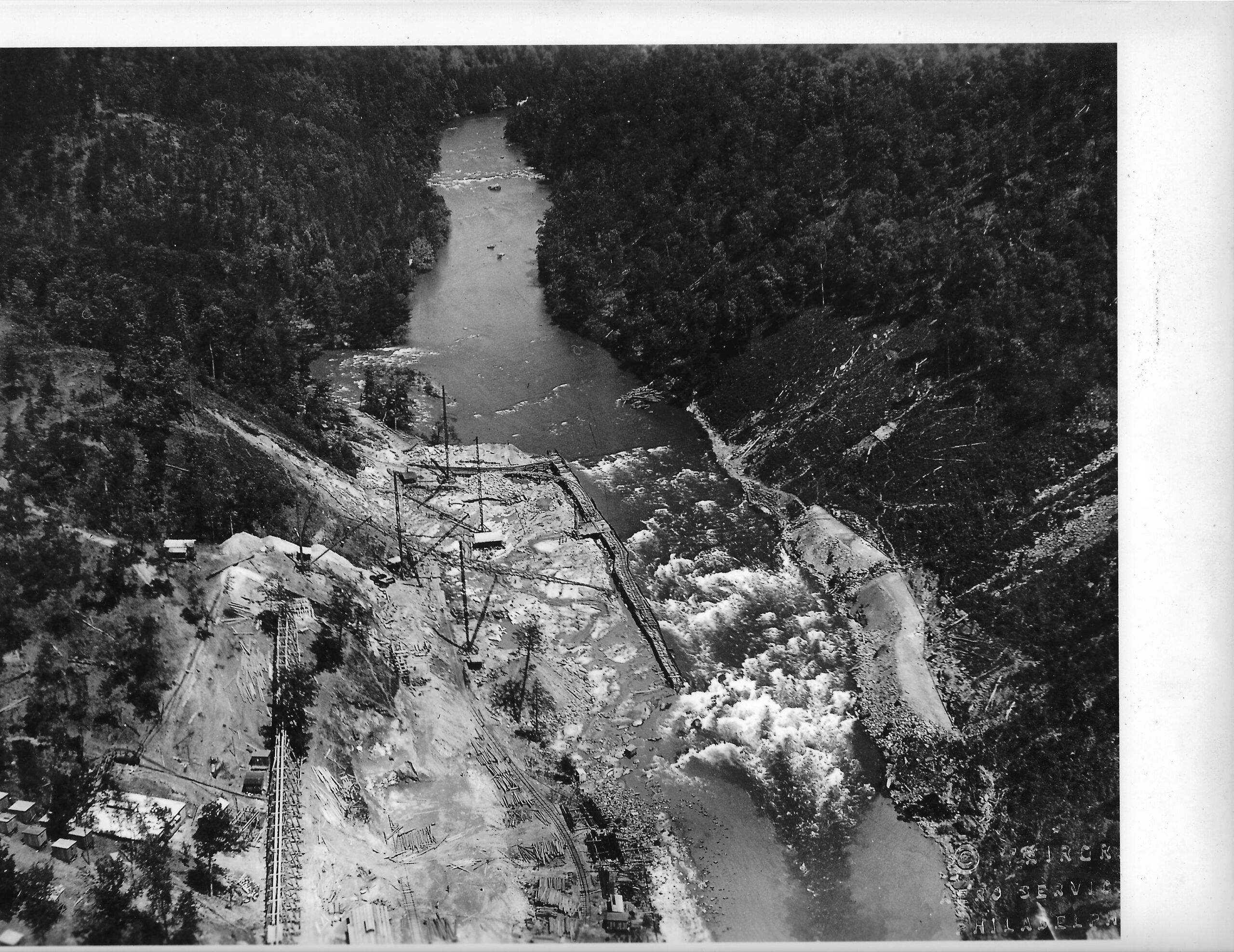


Every three years, Georgia Power (GP) is required to submit an Integrated Resource Plan (IRP) to the Georgia Public Service Commission. This is a 20-year plan detailing what energy sources the company plans to use to deliver electricity to its customers. GP’s submission occurred last year and included plans to upgrade the turbines at Tugalo Dam, costing around $115 million.
Our team retained legal counsel to help navigate the Georgia Public Service Commission hearings, testimonies, witnesses, and cross-examinations. Our witness panel consisted of representatives from American Rivers and the Nantahala Outdoor Center, and their testimony laid out the huge ecological and economic benefits to be gained from decommissioning the Tugalo Dam.
Despite these efforts, the Federal Energy Regulatory Commission (FERC) approved GP’s plans to upgrade Tugalo Dam’s turbines; however, FERC stated in writing this will not prejudice the decision whether or not to relicense Tugalo Dam in 2036. Proceedings for the relicensing begin in 2031. At that point, public input will be crucial, and we will be able to voice our opinions to FERC. Until then, we are committed to creating a space for conversation and education about the economic, cultural, and environmental benefits of decommissioning Tugalo Dam, so when the time comes, there is ample information available for submitting comments.
Although FERC approved Georgia Power’s plans to upgrade the dam’s turbines, we are optimistic about the promise that the upgrades will not prejudice the relicensing decision. As a community, we have ample time and opportunity to lobby for the decommission and removal of Tugalo Dam to restore over 4 miles of the Chattooga River and 2 miles of the Tallulah River to their natural states after a century of inundation.
TUGALO DAM HISTORICAL CONTEXT











